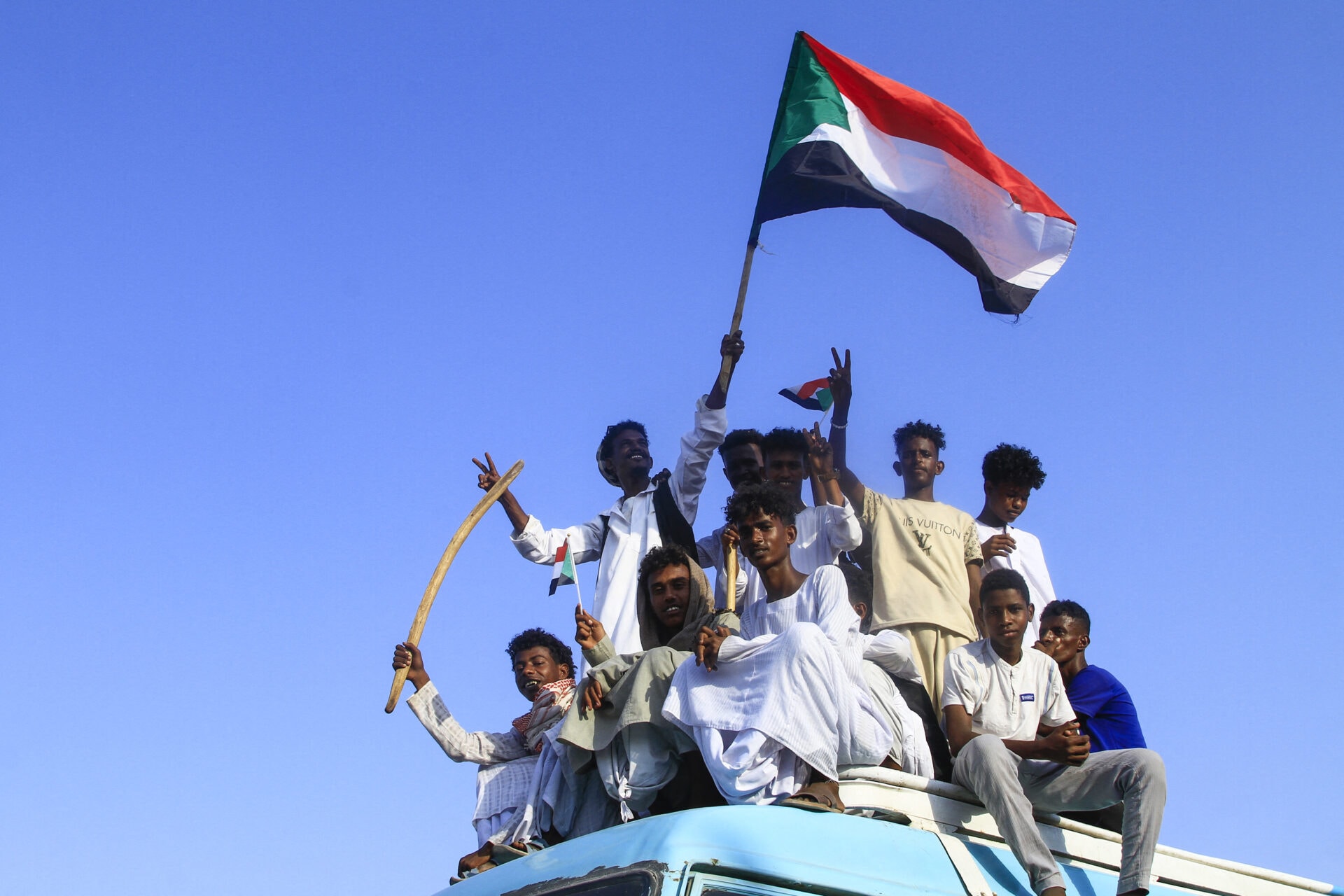Sudan's Silent Suffering: The Neglected Muslim Crisis
In a world where talks about peace and war are constant, many problems may be neglected. But as for Sudan, a country with a rich heritage and a large Muslim population, its crisis is being all but ignored. The civil war between SAF and RSF has made things worse, displacing millions of people from their homeland. According to the UN's International Organization for Migration (IOM) in 2024, the number of internally displaced persons has surpassed 10 million—making it the world's largest internal displacement crisis. Famine and shortages of necessities, with the World Food Programme (WFP) warning that over 18 million people face acute hunger and that pockets of famine (IPC Phase 5) are likely, have increased the rate of emigration steadily.
As we peek into history, Sudan was under Arab rule from the 13th century until Egypt conquered it in 1820. It was separated from its northern neighbour by the Mahdist revolt of 1881-98 and administered after the reconquest of 1898 as an Anglo-Egyptian condominium. It became an independent republic in 1956, but it has suffered severely as a result of a protracted civil war between the Islamic government in the north and separatist forces in the south and west. Most recently, the war for personal power is between the Sudanese Armed Forces (SAF), led by General Abdel Fattah al-Burhan, and the Rapid Support Forces (RSF), led by General Mohamed Hamdan Dagalo.
The war has raged since April 2023. A key example of the war's devastating escalation was the RSF's capture of Wad Madani in Gezira state in December 2023. This city was previously considered a safe haven and a critical hub for humanitarian aid, and its fall displaced over half a million people, many for the second or third time. Even though it started well before the Palestine issue, it has not been brought to the international stage. Despite the endeavours of the African Union, such as the repeatedly failed ceasefire negotiations in Jeddah, both sides have not agreed to a centralized government. As a result, one of the biggest problems faced by Sudan is the lack of a central government that can control the situation and draw attention at the international level.
Moreover, the war has made the situation in Sudan worse. From the 51 million population, 40\% of the population has been uprooted and has emigrated to other countries, which may affect other nations. Refugees have poured into neighbouring countries that are themselves fragile, with South Sudan receiving over 600,000 arrivals and Chad, already hosting a massive refugee population, seeing its resources strained by over 500,000 new arrivals, primarily from Darfur. Furthermore, basic needs like schools and hospitals have been destroyed as a result of the tough conflict. Human Rights Watch and a UN Panel of Experts have documented extensive, ethnically-targeted killings and sexual violence, particularly by the RSF and allied militias against the Masalit community in El Geneina, West Darfur, in events described by many as ethnic cleansing. Aid organizations like Doctors Without Borders (MSF) have repeatedly reported their medical facilities being directly attacked, looted, and forced to close. For instance, the South Hospital in El Fasher, North Darfur, was repeatedly shelled and ultimately overrun in June 2024, leaving thousands without any access to medical care. As both sides try for personal power, they have taken control over Sudan partially. The Sudanese Armed Forces regained their control of the capital city of Khartoum in April 2025. Even though they do have control over Khartoum, the country is not totally under their control, as the Rapid Support Forces have control over southern and western parts of the nation. But the question that arises is: why does the media ignore the issue despite such destruction, and why don't countries like the U.S. interfere in the issue?
As mentioned earlier, it is important to recognize that the lack of basic infrastructure, like electricity, in the nation may contribute to the media ignoring Sudan. Moreover, African countries have always faced ignorance from the world despite their rich culture and heritage. The motives behind the ignorance of countries like the U.S. in this issue can be interpreted in many ways. One of the important motives can be seen as there being nothing for the U.S. to get a hold of, such as oil. Besides, the destruction of Sudan will not affect the economy of the world, which may be why the war in Sudan is ignored. This neglect is compounded by the deliberate obstruction of humanitarian aid; UN OCHA has consistently reported that both SAF and RSF leadership use bureaucratic blockades, denial of access, and the looting of supplies as a weapon of war, leading to aid agencies being unable to reach 90% of those in famine-like conditions.
In conclusion, even though it is a country with a large amount of gold, which UN expert reports have identified as a key source of funding for the RSF through illicit smuggling networks funneled through allies like the UAE, Sudan's crisis of civil war is being neglected at the international level, resulting in more destruction. Despite being one of the biggest civil war crises in history, uprooting 40\% of the total population and destroying basic needs, Sudan's civil war has been neglected. This is in an era where talks and discussions about war and peace are constant and in a generation where media representation has gained more importance. Furthermore, the actions of the Sudanese Armed Forces and Rapid Support Forces have transformed the situation for the worse. Despite the endeavours from the African Union to bring about a ceasefire, the personal interests of the Armed Forces have caused more destruction in the nation, which also affects other nations as the rate of emigration from the country gradually increases. The world should unite together to bring an end to the everlasting consequences of the war.

